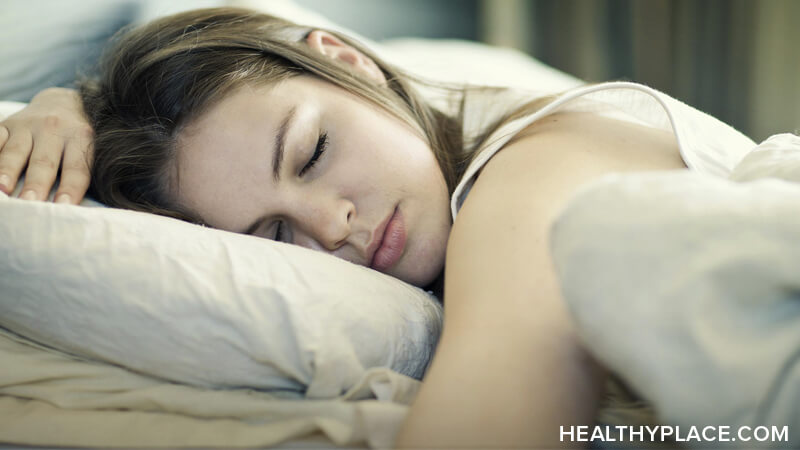What is Atypical Depression?

The term "atypical depression" suggests this type of depression is unusual when, in fact, it's thought to be quite common. Some doctors feel atypical depression is underdiagnosed, as it may not be as severe as the typical major depressive disorders. Others think those with atypical depression symptoms may have a less severe form of bipolar disorder.1
As with any type of depression, there is no single known cause of atypical depression. The causes of atypical depression are thought to be both genetic and environmental. Having depression as a child or teenager puts you at higher risk for atypical depression as do the general risk factors for depression.2
Atypical Depression Symptoms
In addition to the typical depression symptoms like extreme sadness, loss of pleasure, fatigue and difficulty concentrating, atypical depression symptoms include mood reactivity. In other words, when something positive or negative happens, the patient's mood responds accordingly. Other atypical depression symptoms include:3
- Significantly increased weight and appetite
- Increased need for sleep
- Feelings of heaviness in the arms or sensitivities of the legs that are unexplained by outside stimuli and may extend beyond the mood episode; results in significant impairment in social or occupational functioning
- Sensitivity to rejection or criticism that impacts work or home life
Two of the above symptoms are required for a diagnosis of atypical depressive disorder. Also, the symptoms must not include melancholic or catatonic depression features.
Other atypical depression symptoms often seen but that are not specifically part of the diagnosis include:
- Relationship conflicts
- Trouble maintaining long-term relationships
- Fear of rejection that leads to avoidance of relationships
Atypical Depression Treatment
Atypical depression is treated in virtually the same way as typical major depressive disorder. This means an antidepressant, like a selective serotonin reuptake inhibitor (SSRI), will likely be prescribed initially for treatment. Other similar antidepressants, like those that target the neurotransmitters (brain chemicals) norepinephrine and dopamine, are also common. You can see a list of antidepressants here. As in major depression, several types of psychotherapy are useful in the treatment of atypical depression (read more about: Psychotherapy for Depression).
The two major things to keep in mind during atypical antidepressant treatment are:
- Any type of bipolar disorder must be ruled-out as the presence of bipolar disorder affects treatment decisions.
- Monoamine oxidase inhibitors (MAOIs) have been shown to be particularly useful in the treatment of atypical depression but these are often not the first choice due to the potential for serious side effects.3
Non-Medical Atypical Depression Treatment
Treatment for atypical depression should always be handled by a medical or mental health professional, but there are things you can do to improve the outcome of atypical depression treatment:
- Always stick to a treatment plan and take medications as prescribed
- Educate yourself about atypical depression
- Pay attention to early symptoms and warning signs of oncoming episodes
- Exercise
- Avoid drugs and alcohol
- Talk to your doctor about adding an omega-3 supplement
- Learn mind-body techniques like yoga or meditation
APA Reference
Tracy, N.
(2022, January 3). What is Atypical Depression?, HealthyPlace. Retrieved
on 2024, June 20 from https://www.healthyplace.com/depression/atypical-depression/what-is-atypical-depression-symptoms-causes-treatment
